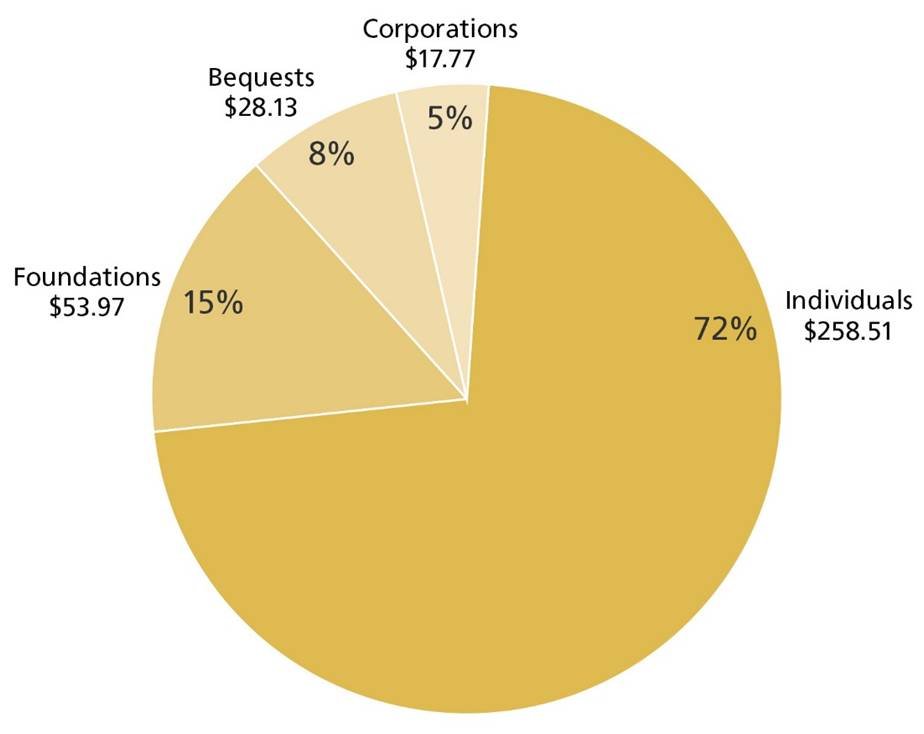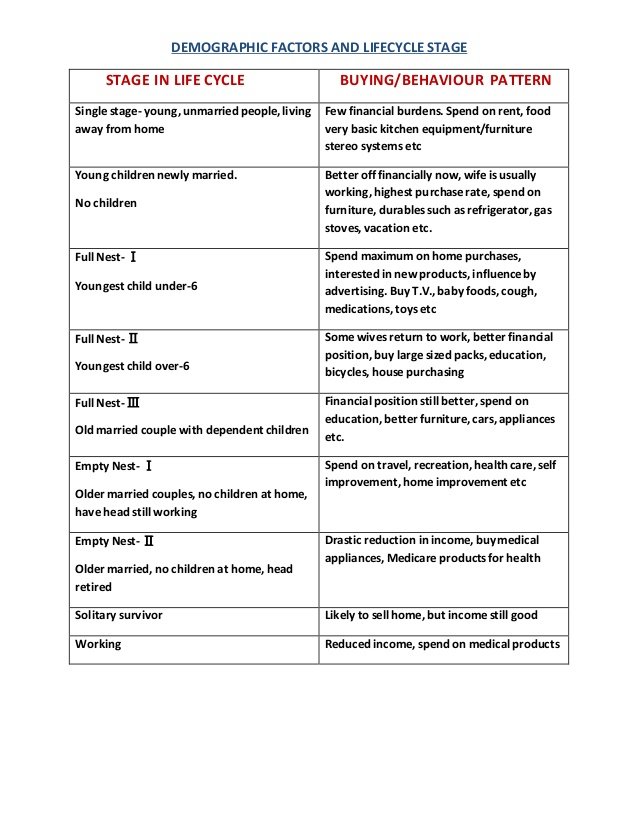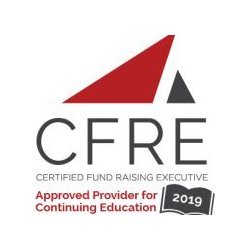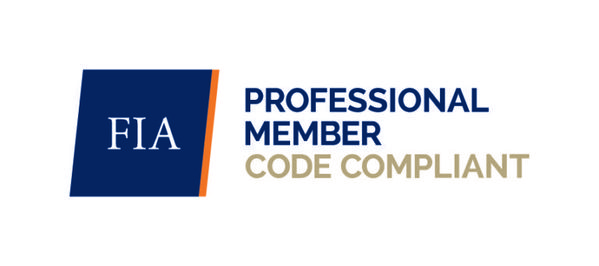The fundraising audit is a major step in fundraising planning. When you think about planning, you think about where are we, where do we want to be, and how are we going to get there?
The fundraising audit helps you to determine, where are you. And, it is probably the most important step of the entire planning process. If you don’t know where you are today, how can you even plan for tomorrow? And, it is  important to not only look at internal things that will impact your fundraising success i.e. Board of Directors, etc., but it is also critical to examine external factors as well. Some external things that may affect the success of fundraising include political factors (i.e. election time), economic (a down economy), sociocultural (changing demographics), and technology (changes in the web, social media, etc.). Development audits also tend to examine others in the industry including nonprofits serving the same type of causes, similar sizes, potential collaborators, and other market factors).
important to not only look at internal things that will impact your fundraising success i.e. Board of Directors, etc., but it is also critical to examine external factors as well. Some external things that may affect the success of fundraising include political factors (i.e. election time), economic (a down economy), sociocultural (changing demographics), and technology (changes in the web, social media, etc.). Development audits also tend to examine others in the industry including nonprofits serving the same type of causes, similar sizes, potential collaborators, and other market factors).
Also, one can examine the feasibility of conducting a future large-scale campaign. Currently, I am conducting a development audit for a nonprofit organisation, and as part of that review, I am asking initial capital campaign feasibility questions to determine if a proposed future capital campaign would be a success.
An audit is just that, a systematic attempt to gather tons of data, and then analyzing and synthesizing this data against professional best practices. While it is best that an objective third party person conducts this process, it can also be accomplished by a new in-house development staff member who still has an objective “eye.” It is also helpful to have someone who has their finger on the pulse regarding what is shifting and changing in the philanthropic landscape.
A development audit is also a great way to engage key stakeholders i.e. Board members, donors, etc. who may need more cultivation. It is just as much about the product as it is about the process.
Insanity is creating a fundraising plan without first doing an audit.
Do you have a long-term strategic fund development plan?


 se results to the board.
se results to the board. They fail to look at national giving trends that show individuals giving more than 70% of all contributed income and only 15% made by grants and foundations, with even less by corporations. It is these same organisations that continue
They fail to look at national giving trends that show individuals giving more than 70% of all contributed income and only 15% made by grants and foundations, with even less by corporations. It is these same organisations that continue


 Well, this group had a total of 700 names in their donor file. And, they were in serious trouble operating in crisis mode. Person after person told them that they should not invest in donor acquisition, but
Well, this group had a total of 700 names in their donor file. And, they were in serious trouble operating in crisis mode. Person after person told them that they should not invest in donor acquisition, but
 The Baby Boomers will soon be facing retirement, old age, and eventually death. And, Baby Boomers will have more wealth to leave behind – significantly more than previous generations.
The Baby Boomers will soon be facing retirement, old age, and eventually death. And, Baby Boomers will have more wealth to leave behind – significantly more than previous generations.



